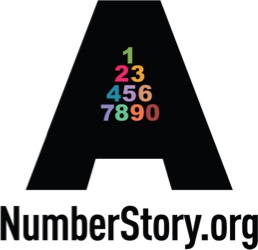
Effects of ACES
ACEs are stressful or traumatic events that occur before the age of 18. Unfortunately, they are common—and include experiences such as divorce and witnessing violence. Adverse community events such as poverty and systemic racism can further compound the effects of ACEs.
A landmark study found the higher the number of ACEs, the more likely one can experience negative health effects like heart disease, diabetes, stroke, depression, anxiety and asthma.3 We know ACEs can have a lasting, negative impact—even into adulthood—on children’s well-being and ability to thrive. But ACEs aren’t our destiny.3
Adapted from Ellis., W.R and Dietz, W.H.7
Economic Cost of ACEs
While investing in early childhood health and wellbeing might come at a cost, not investing in it will cost even more. According to two different reports, the estimated average lifetime cost per child facing maltreatment is $210,012 in 2010 dollars. This includes $32,648 in childhood health care costs; $10,530 in adult medical costs; $144,360 in productivity losses; $7,728 in child welfare costs; $6,747 in criminal justice costs; and $7,999 in special education costs. With those type of figures, how can we afford not to invest? 6
Learn More About the Science of ACEs

How Childhood Trauma Affects Health Over a Lifetime

